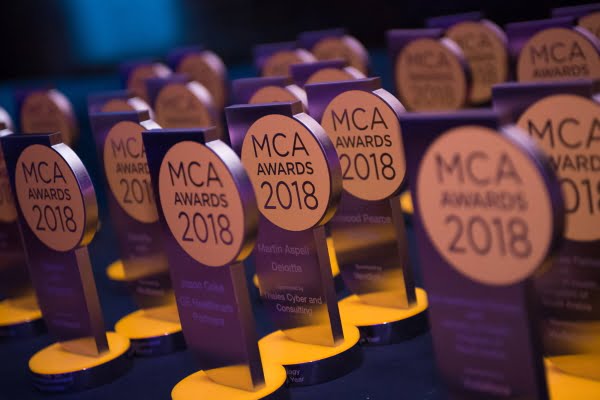The Consultant Development Programme for Thales Cyber and Consulting (Winner of the MCA Awards in 2018 for Consulting Excellence for Professional Development)

The “Consultant Development Programme” (CDP) was launched in 2017 to bridge a gap in performance and as a vehicle for change for my client. Historically, they had used a “body shopping” approach to consultancy. Their consultants were technically focused and working in silos based at their client’s site. Some with long-standing contracts had a mixed-sense of belonging and felt more loyal to the client. Many described their role as “doing a job”. This resulted in limited business development, cross-selling activity and no rotation of projects. My client recognised that a legacy of technical excellence was insufficient to drive its consultancy business forward. There was consensus amongst managers and teams that they could be working more closely together to improve awareness, co-operation and cross-selling opportunities. Consultants had to understand customers’ needs and pain points to offer real value and win additional business.
The main objectives of the CDP were to therefore provide consultants with a clear understanding of expected professional consulting standards to enable a step change in business performance and improve value delivered to clients. The initiative was aligned to my client’s vision and strategy, corporate values and the Management Consultancies Association’s (MCA) Consulting Excellence Principles. It was run as a blended learning programme for 61 consultants (representing 60% of the organisation) over a 12 month period and across a 2-year timeframe with reviews, feedback and iterations after the first year. It challenged paradigms and focused on collaboration, customer relationships and business results. Consultants of the future needed to be proactive, have the right attitude and a desire to engage and promote their business to existing and new customers.
The first part of the learning journey started with raising self-awareness around their own development needs and gaining a common understanding of what “good” looked like. Consultants learnt how to develop their personal and interpersonal effectiveness by challenging their paradigms that drive awareness and behaviours. The programme helped to build and practice behavioural skills – thinking win-win; seeking to understand the other person’s perspective through effective listening; developing innovation and new ideas through synergistic practices. As the programme progressed, the focus moved from a “self” to a “team” and “customer” focus and how to leverage individual skillsets to collaborate on more complex customer projects and bids. The CDP was about bringing positive change and making it stick; consultants discussed some of the barriers to improving personal and team performance and were challenged to take responsibility and initiate meetings to discuss new ways of working. New behaviours would only be sustainable if consultants reviewed their working relationships and interactions with other parts of the organisation. Despite the drive for positive change, the CDP was met with some resistance. Towards the start of the programme, the consensus was that non-collaborative behaviours were commonplace and there was a need to change the current perception of consultants to be more aligned to professional consulting standards. In their reflective learning groups, consultants concluded that they must challenge their own ineffective paradigms: “I’m a Systems Engineer, not a Consultant”, to effective paradigms: “I will apply my technical skills in a different way and align my behaviours to deliver professional consulting standards at TC&C and with my customers”.
After two cycles of the CDP, change was noticeable. Consultants felt more engaged and better equipped to perform their role. Previously isolated consultants, many who spent most of their time based at their client’s site, were now working with newly formed internal networks and peer mentors, supporting each other and collaborating on ideas and best practice. Communication and collaboration became more effective with a new sense of openness and trust including the use of a common language and mindset as a direct result of the CDP training. Those who had not yet attended the programme, were eager to join the next cohort and the wider business and in-house training and development division, who also collaborated in the delivery of workshops, were already developing and rolling out an adapted version to run within other areas of the organisation.
As part of the success metrics and final evaluation of the programme measuring the impact and application of learning four months post completion, 96% of respondents agreed that it had a positive impact on engagement and had helped to increase the accomplishment of results and better ways of working. Many who attended the CDP said it had a direct positive impact on working practices and behaviours; “focus on the task, suspending agendas and biases has opened up a realm of possibilities to explore and dramatically reduce the time to reach decisions”. Others mentioned that one of the overlooked benefits of the CDP was in bringing together members of disparate teams and have them share a common experience, this in itself improved communication between different consultant disciplines and created a closer team feeling in the organisation.
In April 2018, the CDP award nomination won the MCA Award category for “Consulting Excellence in Professional Development”.

